Rarely does a single game get two successful Kickstarter campaigns. Rarer still is when the public’s reaction is not only positive, but better the second time around. Such was the case for Last Class Heroes, an RPG which started life as a small mobile game. But like so many other Kickstarter funded developers, Studio Kontrabida, the developers, expanded their scope.
A Promising Start
It started in 2011 with their first Kickstarter campaign. With a gorgeous art style, unique gameplay, and a developer who seemed to know what they were doing, the campaign met its minimal $5,000 goal. As development trundled on, it became clear such a small budget wouldn’t suffice. Half a year after the first campaign, now the futuristic world of 2012, the team returned to Kickstarter. Last Class Heroes was growing at an exponential rate, far exceeding the initial $5,000 brought in.
Renamed Rival Threads: Last Class Heroes, this new iteration of the game was ready to take over the world. Asking for another $5,000, Rival Threads more than quadrupled that goal by raising $24,812. It’s easy to see why this second campaign was such a success. It provides a masterclass on running two Kickstarter campaigns for one game, for anyone who dares to endeavor that potential PR nightmare. The campaign’s presentation made it clear every penny, and then some, went into the game.
So much had changed from that first campaign, and so drastically. The already jaw-dropping artwork was now on steroids, with more detailed environments and characters, a more coherent theme, and improved lighting. The updated gameplay was more fluid and dynamic, and the innovative RPG/fighting game hybrid was more clearly demonstrated. There was also a new class system, more than a series of generic character builds given the game took place in high school.
The most notable difference was the addition of a stellar voice acting cast. There was Cristina Vee, a longtime anime voice actor famous for K-On, Sailor Moon Crystal, Kill la Kill, and many more. Beside here were Michael Johnston of Teen Wolf fame, and Kimlinh Tran from Skullgirls.
The Struggle
It was everything a Kickstarter campaign should be. Yet four years have passed and there’s still nothing to show for it except a developer that disappeared. The last update posted on the Kickstarter page came on April 15, 2014, announcing that development was now on hold, but not canceled. What does this mean, when will they continue development, and what happened to all that money?
To get a better handle on what happened, we reached out to Studio Kontrabida and asked them about Rival Threads.
“We tried to raise a significant amount of money to not only work on Rival Threads,” studio founder Leo Molar told me, “but to execute with the intention of delivering it beyond the scope and quality promised on Kickstarter.” He also talked about how massive the game became. “We’re talking console, mainstream attention worthy quality, instead of just the original mobile game quality we were originally aiming for.”
As is so often the case when a studio increases the scope of a project, things spiraled out of control. Production had slowed to a crawl, and Kontrabida, with only five team members, were unable to release the game in a timely manner. How big was the scope of Rival Threads? “A game with the level of quality we were aiming for probably needs at least 10x the amount on Kickstarter [that we raised].”
“We decided to offer refunds to set everyone’s minds at ease while we go about with this grand plan, but we still promised to give them their rewards.” About 15% of backers asked for refunds. However, their plan was to refund every backer, even those who did not request a refund. They gave an estimate of 6 months to refund everyone, what they thought would be plenty of time to collect the required funds.
Kontrabida, suddenly needing more money, sought to complete freelance work with clients around the world. It’s a common practice in game development, especially with independent studios uninterested in signing with a publisher. Over the next two years, the studio worked on various contracts with companies in Japan and the Middle East, but a majority of them fell through, or worse.
“Aside from our non-Kickstarter production budget […] money earned from client work was essential for the game we wanted to make. Unfortunately, we ran into a lot of problems with our clients and the work we did for them and the problems we encountered while working with them ate up all of our time and money.”
He points to Game Dev Tycoon as an example, a game about game development. In it, you have to take on several freelance contracts in various fields to fund your company. What Game Dev Tycoon doesn’t show is what happens if these freelance contracts don’t work out, or if a client cheats you out of your money.
The money that would have been spent on refunds would have come from one of these freelance assignments. Kontrabida worked with an unnamed “big corporation” that signed a four month contract with them. This corporation refused to pay Kontrabida and telling them to keep working to get it properly “completed” in their eyes. The four month contract turned into six months, then ten, and then a year and a half. Even then, Kontrabida wasn’t paid in full. “We spent more money working on that project than what we were paid.”
Down, & Nearly Out
Today, Studio Kontrabida is nearly penniless. They spent September 2015 through December rebuilding their studio from the ground up, working on new projects, and even signing new contracts with other clients. These new clients are better than their previous ones, though Leo doesn’t hesitate to preface saying that with “so far” after all the bad luck.
“We are currently working on two big games and one small game for other studios. We are hired to provide art, animation, game design, programming and direction. As there’s only four of us with a couple of freelancers, we are stretched very thin.”
Leo assures me that all the money from Kickstarter that wasn’t refunded went directly into Rival Threads. “The original goals from our first Kickstarter were all done years ago. We received about $27,000 to $29,000 from two Kickstarter campaigns […] which is a very small fraction of the money we spent on thousands of billable work hours, a full soundtrack, hundreds of art and animation, sound effects and voice acting for Rival Threads.” When asked why the game was never released, he told me simply “…the game never reached a state we felt was ready for actual release.”
They spent more money on the build up to the two Kickstarter campaigns then what they made back. “Our Kickstarter was mainly for exposure,” which is exactly what the game got. It put them in touch with new clients, and they would spread the word about Rival Threads in a fast and easy way. With sites like this one, and other major gaming news outlets, Kickstarter has almost become as much a marketing firm as it is a way to raise funds.
Lastly, I asked Leo if he regrets turning to Kickstarter. “All in all, no regrets,” he tells me.
Production on Rival Threads has ceased for now, though Kontrabida looks forward to continuing work on it. They haven’t given up on making it a full-fledged indie hit, and for that they need more money than they have now. Just don’t except another Kickstarter. In the meantime, his team is working on Puppet Masters, a small prequel to Rival Threads, though development on that is still secondary to their freelance work.
What has happened, and is still happening, to Studio Kontrabida isn’t a new story. It’s not a circumstance unique to them, or any other indie studio seeking help via crowdfunding platforms. They’re just one of the few to step forward and tell their tale.
Forming a studio, and building a team of developers costs tens, hundreds of thousands of dollars, sometimes even millions. Inexperience and not having the knowledge of when to rein back expectations hurts. You might be angry at them, or perhaps you feel sorry. Either way, this happens a lot in game development. Not everyone gets to be the indie darling. Rival Threads is just another casualty.

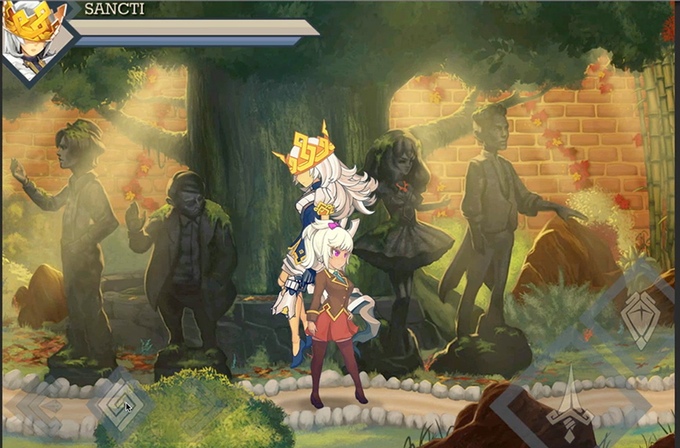
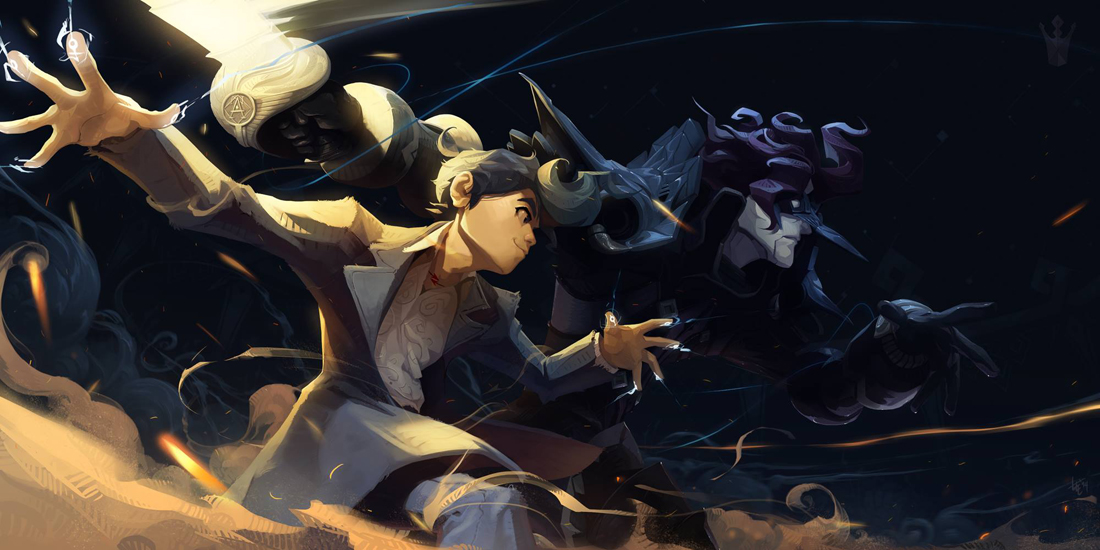
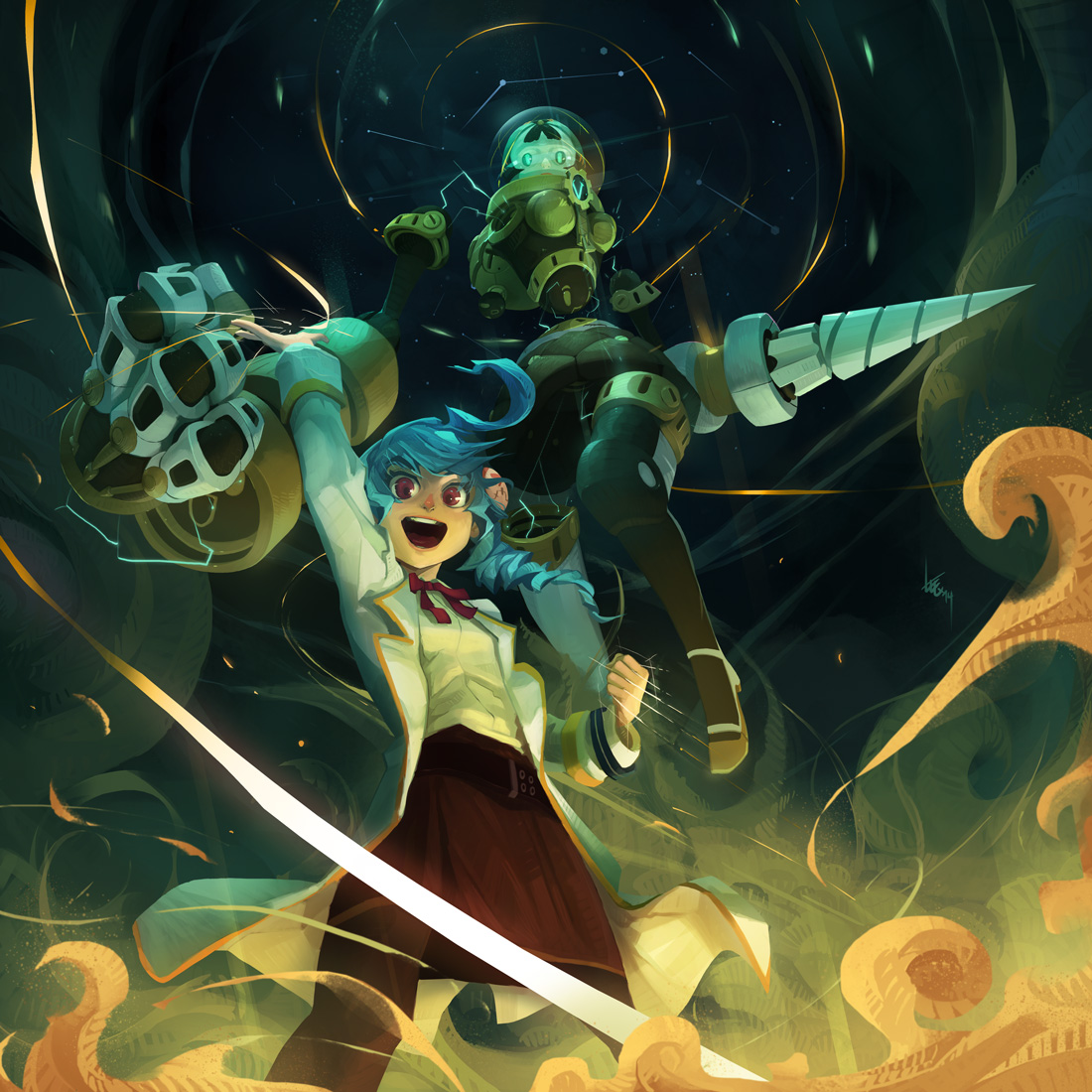
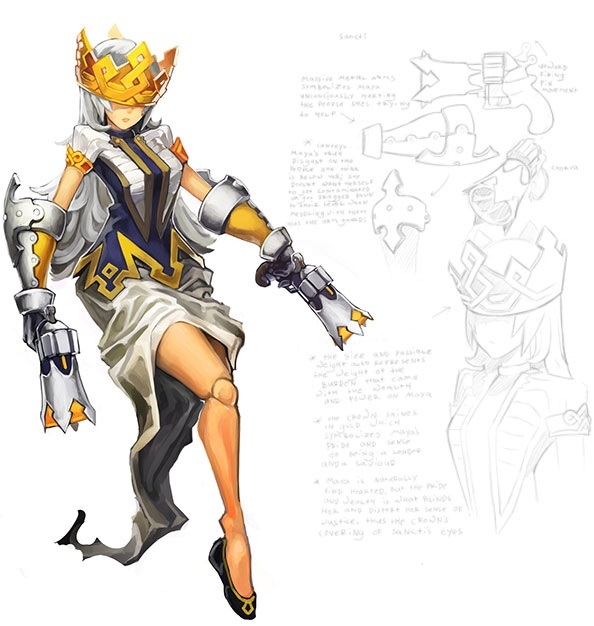
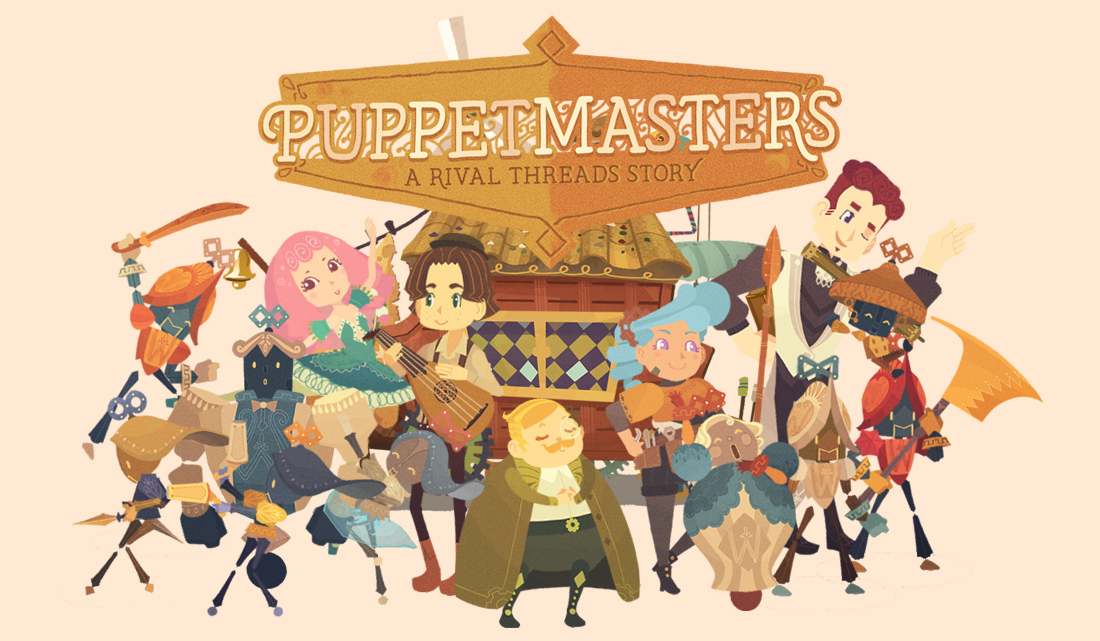



[…] two months ago we wrote about Kontrabida and their twice Kickstartered game, Rival Threads: Last Class Heroes. We spoke with the founder of the company, Leonardo Molar, who […]